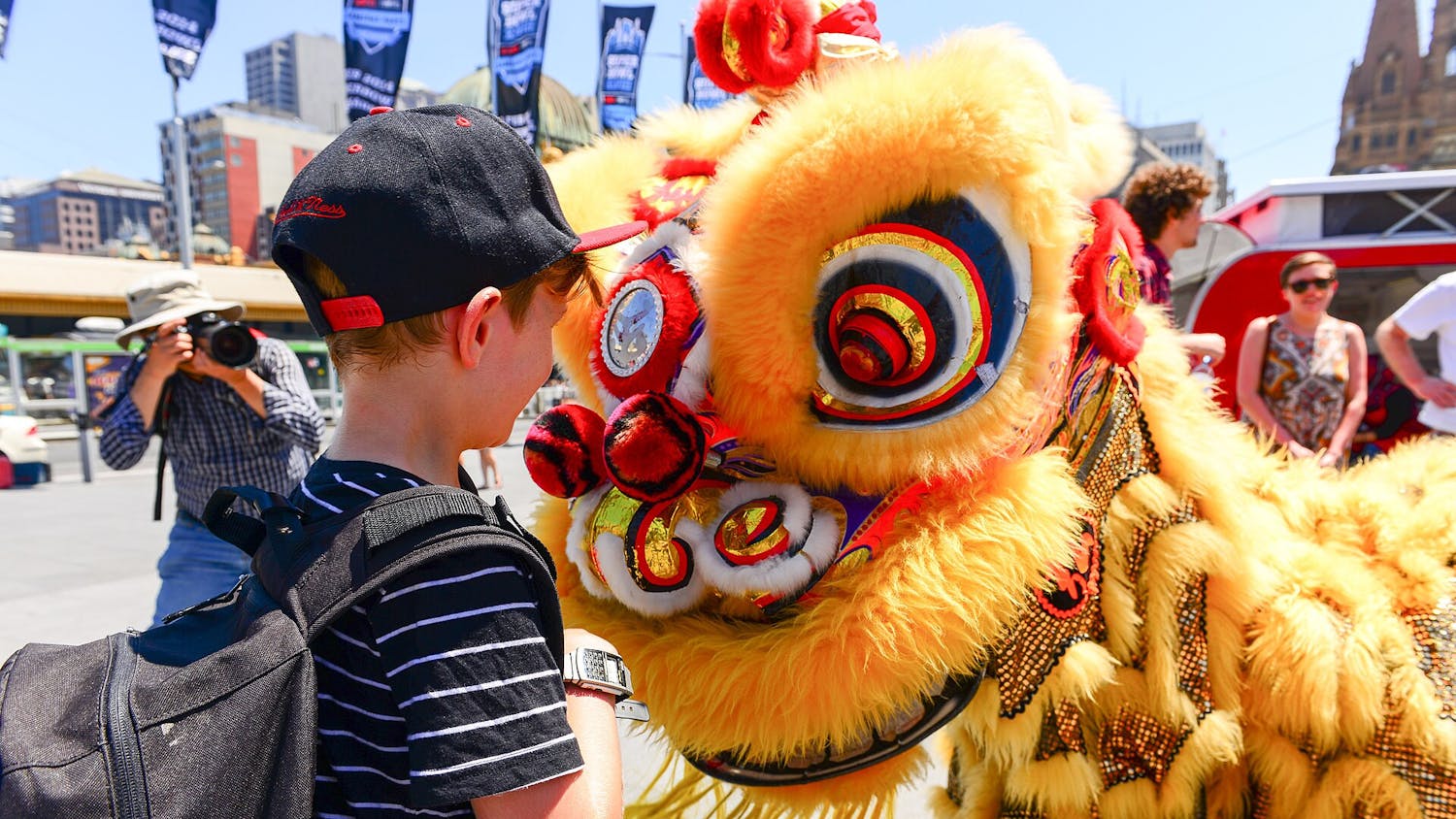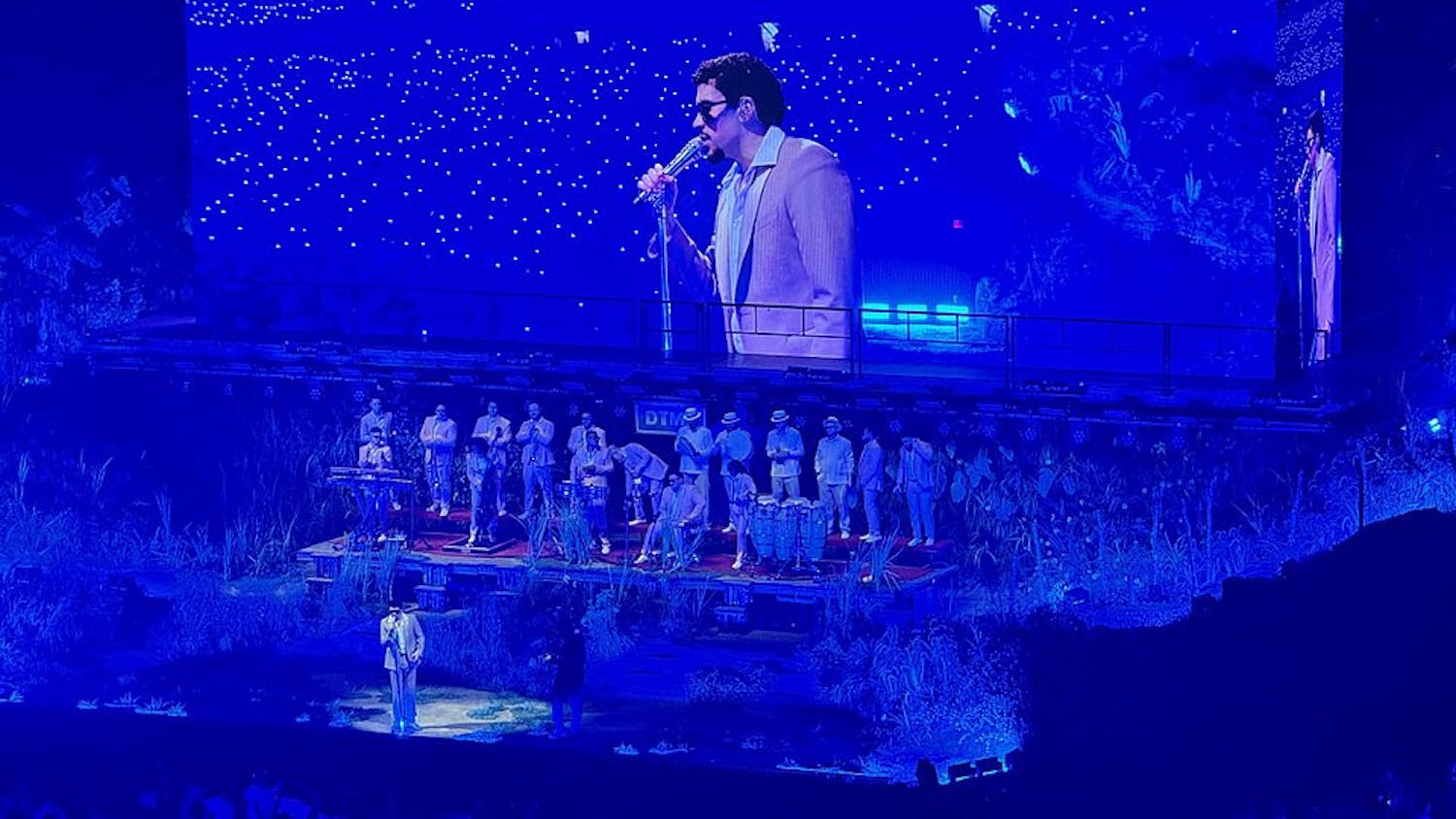Missed deadlines. Group projects gone wrong. Being late without a text. There are a lot of reasons to be irritable with one another, to lose our tempers, or to misplace our patience. This is particularly true as our already-low tolerance dwindles with each midterm, each final project assignment, and the looming break awaiting us in a few week’s time.
But there are also a lot of reasons we should give each other a break — to cut ourselves, and others, some slack. To let go of that email that we certainly know didn’t go ‘straight to junk’ or cancelled appointment that you got out of bed for. We need to forgive one another for the balls we have dropped, the presentations gone awry, and most importantly, for being human.
This isn’t my inner snowflake screeching out in millennial distress, clawing for unearned validation or to be treated like a child; rather, I find it quite infantile that we as a society have let ourselves get to this point of eye-for-an-eye, dog-eat-dog reality. We should be treating each other as we are. People.
You see, the job market is tightening — voluntary separations are climbing, companies are becoming more and more dependent on filtering applicants simply with the use of an algorithm, and tech disruption is overturning industry as we know it, leaving behind those unable to adapt.
The effects of the 2008 financial crisis continue to ripple across advanced and developing countries alike, and some folks believe trade wars and corporate spending softening may lead to another recession as early as 2020.
Suicide rates are climbing, especially among our youth. On average, there are 129 suicides each day in the United States, with an even higher rate in the state of Wisconsin.
I felt nauseous reading Wisconsin State Journal’s story on UW-Madison’s Wireless Communication and Sensing Laboratory and the untimely death of graduate student John Brady.
And again while scrolling through University Health Services’ Healthy Minds Study, where POC, queer folks, and students identifying as “financially struggling”,are “overwhelmingly more likely to endorse suicidal ideation.”
And again and again, as I click and drag through every news story, data dump, and social media feed so innocently sprawled across my laptop or phone screen.
High school students are slaving over college applications, placing them — still grateful and proud — before a heap of mounting student debt. Pressures to rush or follow through on an education they hadn’t envisioned for themselves, self-worth classifications founded in GPAs, SATs, ACTs, and the massively important curve mark what lies ahead. So, we urge them to jump, to dive headfirst and fearlessly so, since we want them to be better than us.
We thought that once we entered college, the whispers of self-serving comparisons and school logos — with the corresponding world ranking, of course — plastered on our foreheads would simply vanish, replaced by camaraderie and collaboration.
Yet, the curve remains — instilling an expectation that we should focus on being better than our peers, rather than bettering ourselves. The term ‘growth’ screams for monetary assessments and job outlook predictions, not fulfillment or well-being.
Eco-grief replaces the lush rainforests and intense biodiversity we are so shamelessly carving away at, leaving indigenous folks and other marginalized populations even more vulnerable, even more forgotten. The elusive ‘climate denier’ and raging capitalist alike direct us and our gas-guzzling addictions with their invisible hands, reproducing a chessboard of destruction and exploitation in a profit-driven waltz.
But our wallets are not the ones waning, our lands have been left perceivably untouched for the time being. The war over resources is only benefiting us; a McDonalds popped up here, a new car unveiled there. Thoughts of losing our Uber privileges or instant gratification tendencies is horrifying, more so than the disappearance of entire Pacific island nations or the eradication of susceptible species.
This ranking of everything we do — carefully tabulating who has wronged us and how badly, allocating how much damage is too much, deciding who is most worthy of their livelihoods — is precisely the problem. We have lost sight of, or are at least neglecting, the dire reality of the situation we have driven ourselves to.
With all of these harrowing statistics, disgusting assumptions laid out so sterile and concerning realities brought to the forefront, it is easy to spiral into a depressive and hopeless state. But why? If we have the opportunity to make this world — full of selfless people, breathtaking landscapes, and enough love and resources to ensure that we aren’t entirely doomed — ever so slightly better, why wouldn’t we?
We can’t expect that Jeff will plow through his amassed savings via charitable giving, that Bill will find a cure for every disease and cancer imaginable without privatizing, or that Elon will Wall-E us right out of this climate change dilemma — a waiting game only harms ourselves, those of us without the wealth and privilege to so slyly neglect our responsibility.
We must take things into our own hands; regardless of how small this may seem.
We all need to cut ourselves and others some slack, before it is too late and we have no love left to give. If we want to instill societal tolerance, and if we are feeling particularly optimistic, acceptance and appreciation, we must recognize these troubling realities we are facing — so as to dismantle them.
As Malcolm Gladwell stated in his book, The Tipping Point: How Little Things Can Make a Big Difference: “A critic looking at these tightly focused, targeted interventions might dismiss them as Band-Aid solutions. But that phrase should not be considered a term of disparagement. The Band-Aid is an inexpensive, convenient, and remarkably versatile solution to an astonishing array of problems. In their history, Band-Aids have probably allowed millions of people to keep working or playing tennis or cooking or walking when they would otherwise have had to stop. The Band-Aid solution is actually the best kind of solution because it involves solving a problem with the minimum amount of effort and time and cost.”
So we all need to pull out our Band-Aid boxes, and rip them open with vigor. We need to frantically apply them, pushing hard on each broken person, institution, and the like, and shower them with love and acceptance and appreciation — after all, that is all we can do as individuals.
Sam is a senior studying journalism, with certificates in environmental studies and development economics. Is there more that you think we can do to counteract declining hope? Send your thoughts to opinion@dailycardinal.com.






